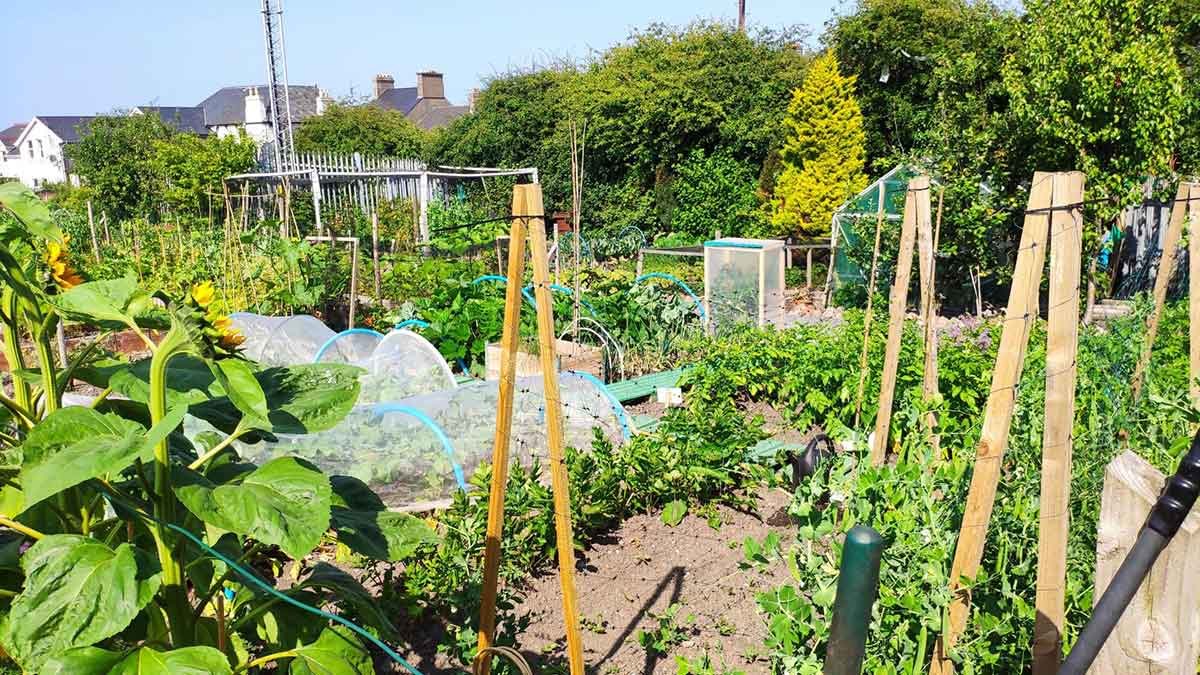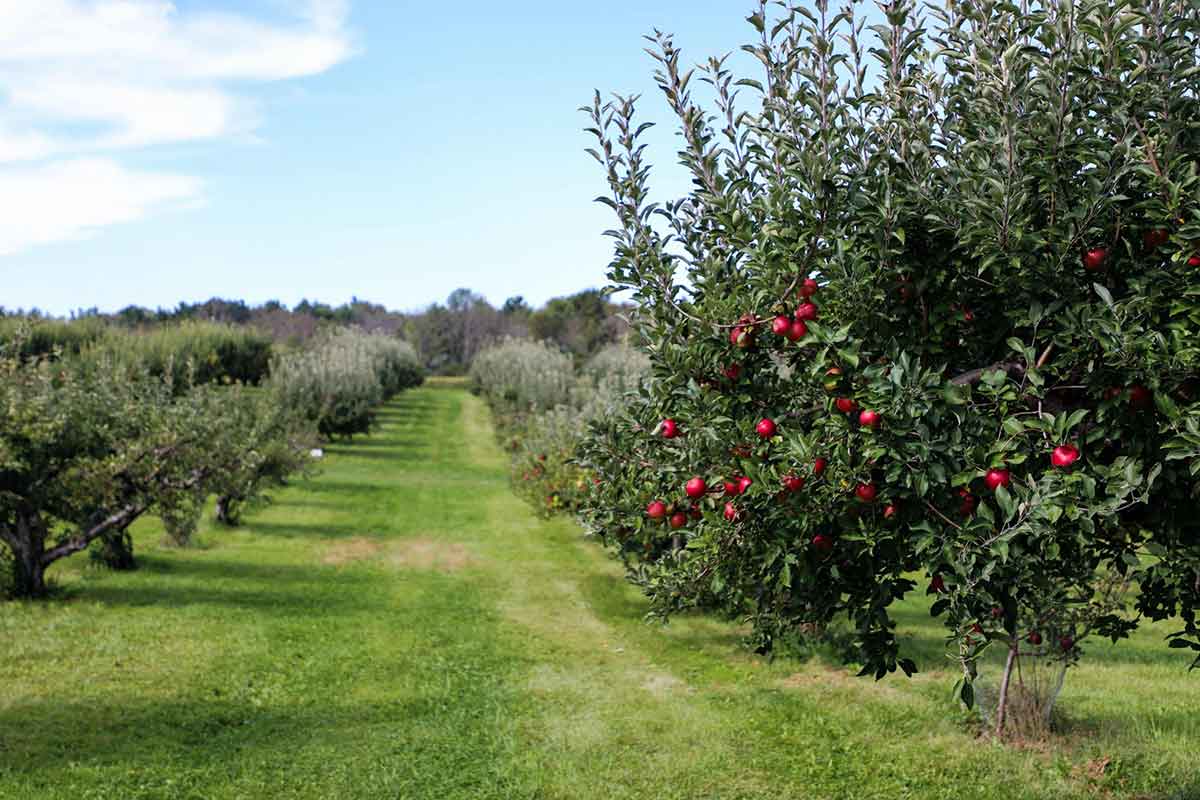With the average size of gardens getting smaller and smaller, homegrown vegetables can be hard to come by. One solution gaining in popularity is renting an allotment.
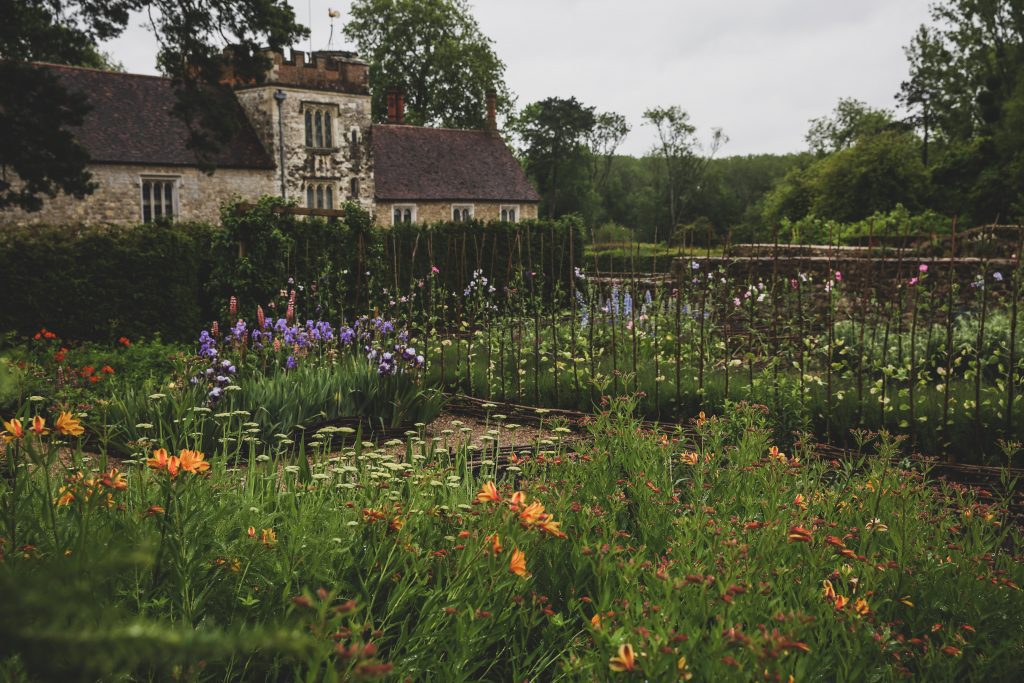
Ancient Roots
There is evidence for allotments dating to the Anglo-Saxon period, but the system we would recognise goes back to the 19th century. At this time, a large number of the lower classes did not have access to a garden. The lack of a welfare state meant that they often could not afford fresh fruit and vegetables. The 1908 Small Holdings and Allotments Act obligated local authorities to provide sufficient allotments for their population. However, this land was only available to the labouring poor.
That is until the 1919 Land Settlement Facilities Act, when land was made available for all to help returning service men. The Allotments Acts of 1922 and 1925 strengthened the rights of allotment holders, with the latter forbidding the selling or converting of established statutory allotments without Ministerial consent.
Allotments are technically a type of rental agreement but the majority of allotments are only charged between £25-£125 for water rates and general maintenance. Allotment holders are required to keep their lot tidy and well-kempt. Some allotments may also prohibit the use of chemical pesticides.
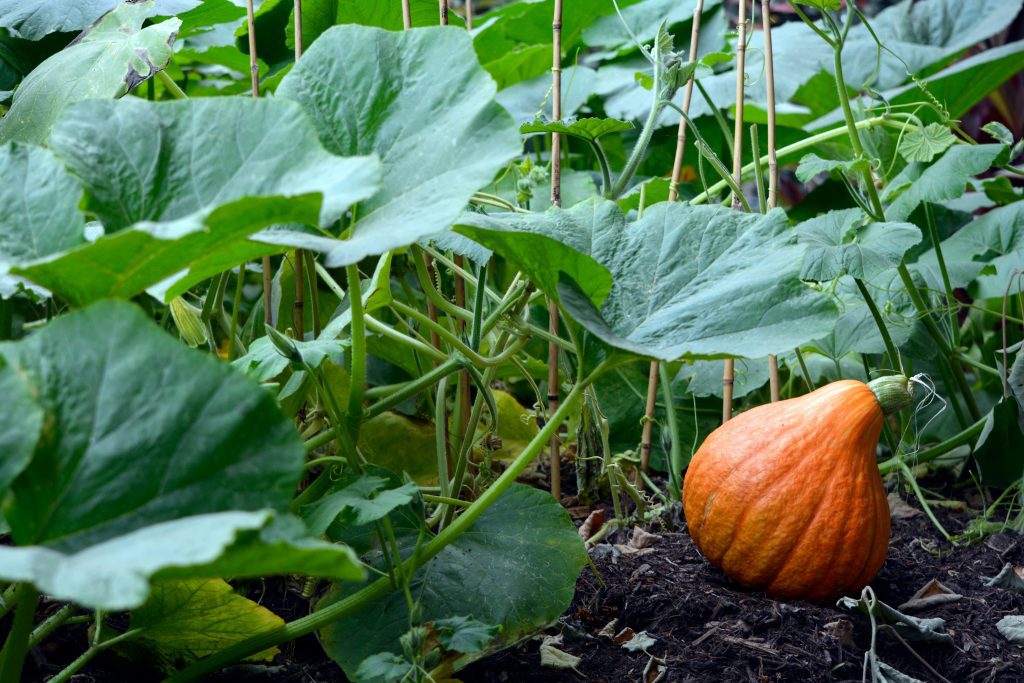
Fruits of Labour
Keeping an allotment has many benefits, not least to mental health. During Covid, allotments were a refuge for people who other wise would never leave the house or see another person. This was particularly important during the pandemic. Loneliness has the equivalent risk of 15 cigarettes a day, and is twice as harmful as obesity. Allotments give people the chance to socialise with like-minded individuals in the open air. Not only that, but most allotment holders say that a while on the allotment just makes them feel calmer and more hopeful.
Keeping an allotment up to scratch is great exercise for all fitness levels. People can do as much or as little as they feel comfortable with, depending on what they plant. And this is not the only advantage for physical health. With the precaution of sunscreen, the sunshine can top up a person’s vitamin D, helping them feel energised and retain strong bones.
The most obvious benefit of tending an allotment is the organic fruit and vegetables you take home. Apart from just feeding the body, growing your own food feeds a sense of achievement, as well as a new skillset and knowledge. Watching your allotment throughout the year increased your understanding of the ecosystem. This exposure has been found to encourage more environmentally aware behaviour.
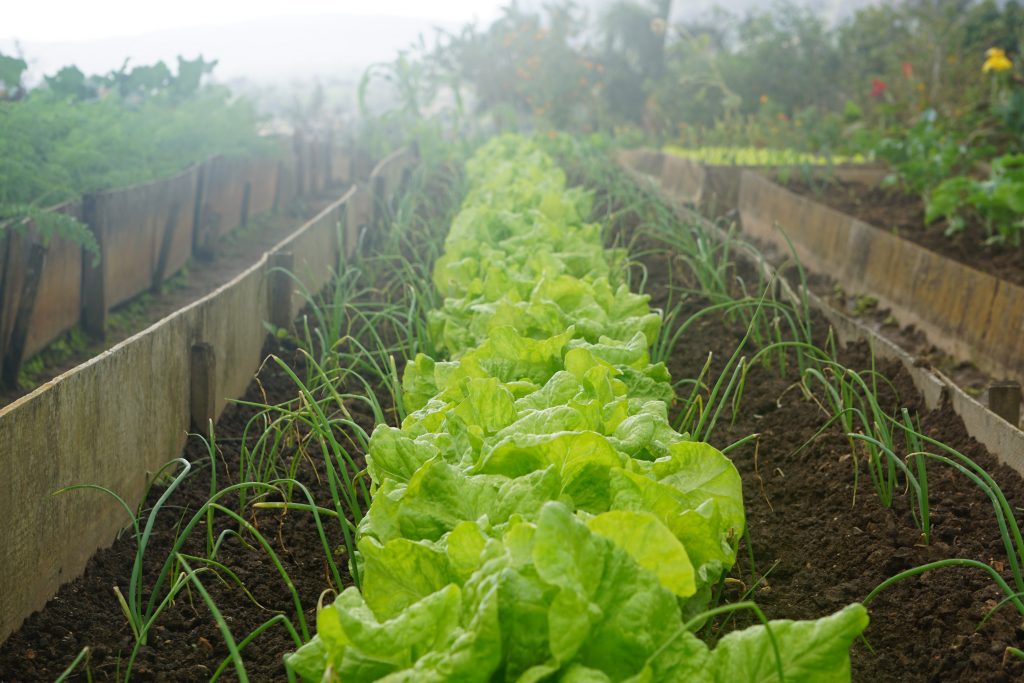
Getting Your Own Plot
Unfortunately, there is often a long wait for an allotment to become available. However, you can put your name on the waiting list with your Parish, Town, Borough, City, or District Council. The National Allotment Society points out that as long as you are based outside of London, you and five others can individually and collectively send letters to the local authority asking for allotments. The authority will be obligated to provide allotment provision, though there is no timeframe attached to this process.
Once you get your allotment, John Harrison, the author of The Essential Allotment Guide, suggests using a diary for your allotment. This will allow you to keep track of which plants have been successful on your plot, and where. It can also help you understand the seasonal weather patterns in your area, such as the first and last frost. You can make a note of the yield and flavour as well, so you can grow your favourites year after year.
Some people enjoy their allotment so much, they expand into market gardening for profit by purchasing a smallholding. Increasing the growing area means making production more efficient. This means the introduction of a compact tractor and attachments can be just the ticket to help with cultivation and maintenance.
Whether you don’t have a garden at all, or just don’t have the right soil, allotments can be a fantastic way of having homegrown fruit and vegetables. Eating them and growing them helps to keep you healthy both physically and mentally. So applying for a plot is definitely worth a thought!

